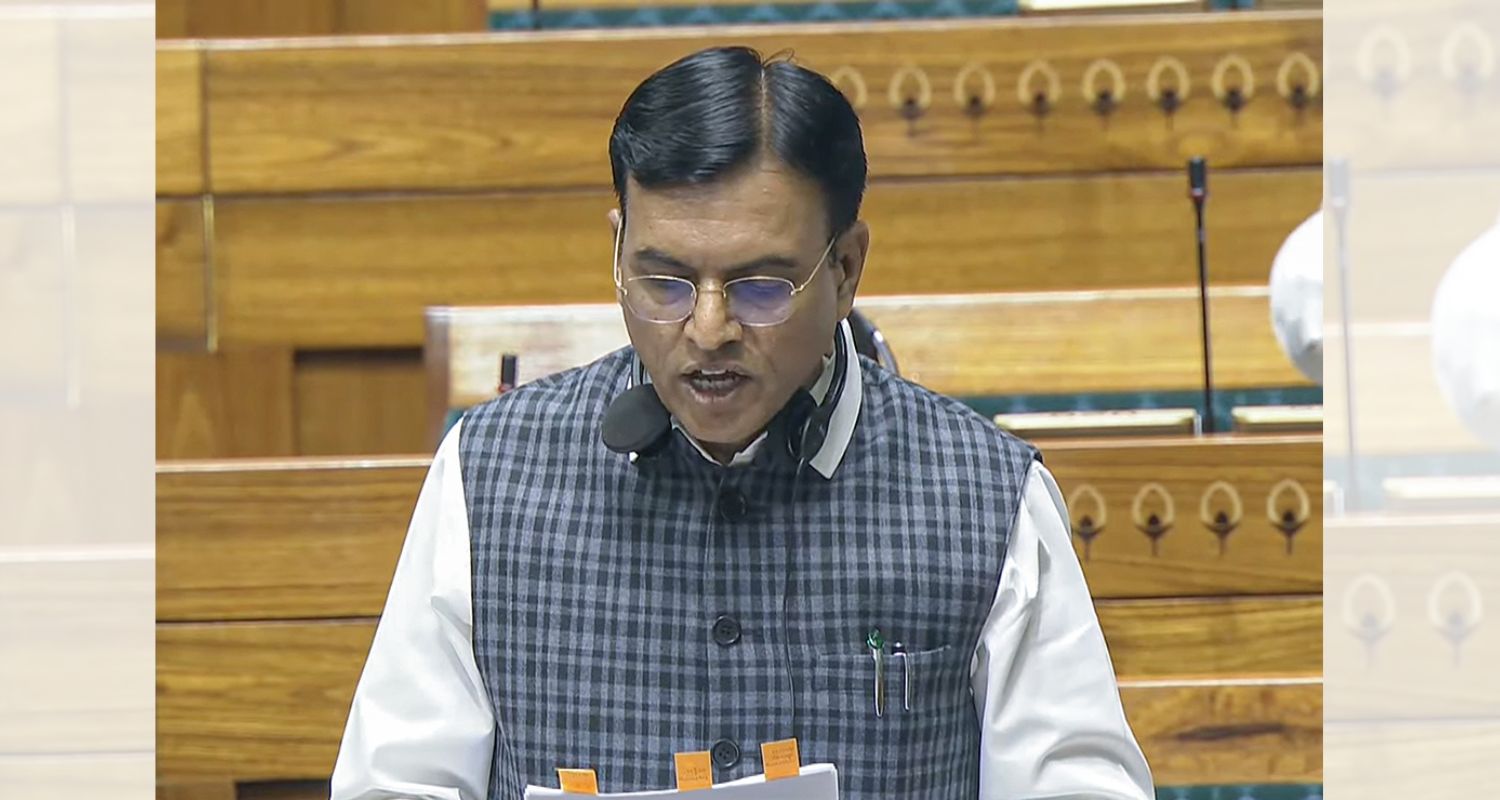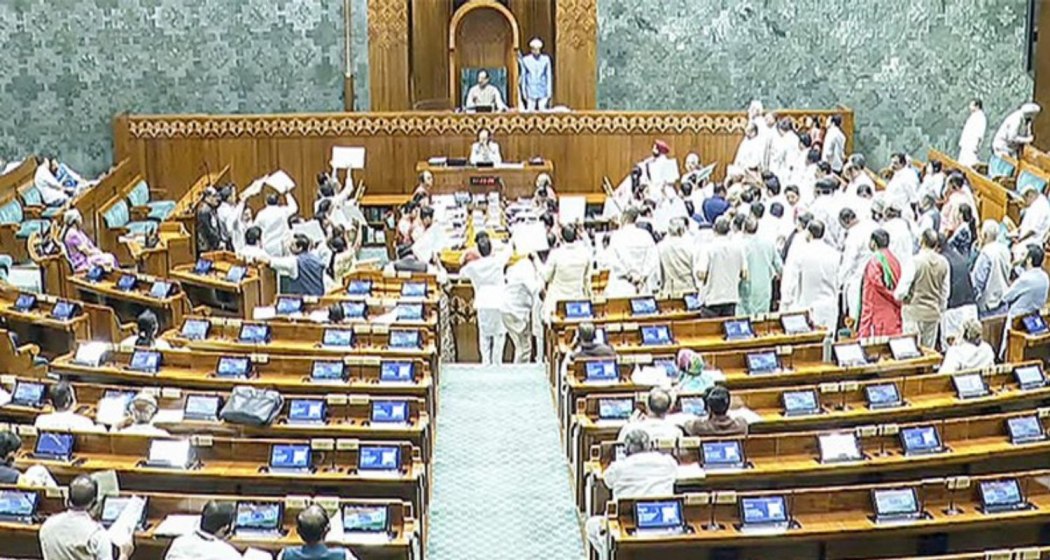As India positions to try and host the 2036 Olympic Games, the Lok Sabha on Monday approved two important laws - the National Sports Governance Bill, 2025 and the National Anti-Doping (Amendment) Bill, 2025 - while the opposition caused a lot of commotion during the session.
Both the bills were passed by a voice vote, and the government moved forward even though there was a lot of noise in the House.
Sandhya Rai, who led the session, looked at the two laws introduced together by Union Youth Affairs and Sports Minister Mansukh Mandaviya and saw them as a big move towards changing India's sports management and bringing its anti-doping rules in line with international standards.
Right now, India is having an ongoing conversation with the International Olympic Committee (IOC), which is helping to prepare for a proper proposal to host the Games. Mandaviya spoke briefly before the Bills were discussed, saying the Sports Governance Bill is a much-needed effort to bring transparency, better care for athletes, and proper ethics to sports organisations.
“Sports is not a new subject. Reforms began in 2014 with the Khelo India movement. Now our athletes are performing globally, and this Bill ensures they receive the training and facilities they deserve,” he said.
In order to oversee and approve National Sports Federations (NSFs), including independent organisations like the BCCI, the Bill suggests creating a National Sports Board. It requires compliance with international best practices, the Olympic and Paralympic charters. While a National Sports Election Panel would supervise fair elections within sports organisations, a National Sports Tribunal is intended to settle disputes pertaining to athlete selection, federation elections, and governance matters.
The accompanying amendment to the National Anti-Doping Act, 2022, which was also passed through voice vote, seeks to reinforce the independence of the National Anti-Doping Agency (NADA) and its appeals panel, addressing concerns raised by the World Anti-Doping Agency (WADA) over potential government interference.

The modifications are intended to ensure credibility in international sporting forums and align India's anti-doping policy with the WADA Code. But the legislative procedure was everything but easy.
Opposition members rushed the Well of the House, shouting chants that overpowered the proceedings when BJP MP Ganesh Singh stood up to speak in favour of the Bills. It was difficult to hear the members' comments and the slogans' message clearly.
Also Read: Tharoor joins ‘vote chori’ protest, urges poll body to clarify
Mandaviya persuaded the Chair to pass both Bills simultaneously in spite of the confusion, and this was done right away. One of the people who advocated for the legislation was Kesineni Sivanath, a TDP MP from Vijayawada, Andhra Pradesh. His support underscored the cross-party recognition of the need for reform, even as the opposition remained vocally opposed.

The session also saw Finance Minister Nirmala Sitharaman introduce a comprehensive Bill to consolidate and amend the Income-tax Act, 1961, aiming to simplify tax language, expand digital compliance, and redefine undisclosed income to include virtual assets.
Separately, Union Minister G Kishan Reddy tabled amendments to the Mines and Minerals (Development and Regulation) Act to facilitate state-backed overseas acquisitions of critical minerals such as lithium and cobalt - resources vital to India’s energy and defence sectors.
A series of standing committee reports was also laid before the House, covering subjects ranging from India’s Indian Ocean strategy and competition law in the digital economy to the implementation of the National Education Policy in higher education.
Also Read: Rahul Gandhi, Opposition MPs detained over Bihar SIR protest



